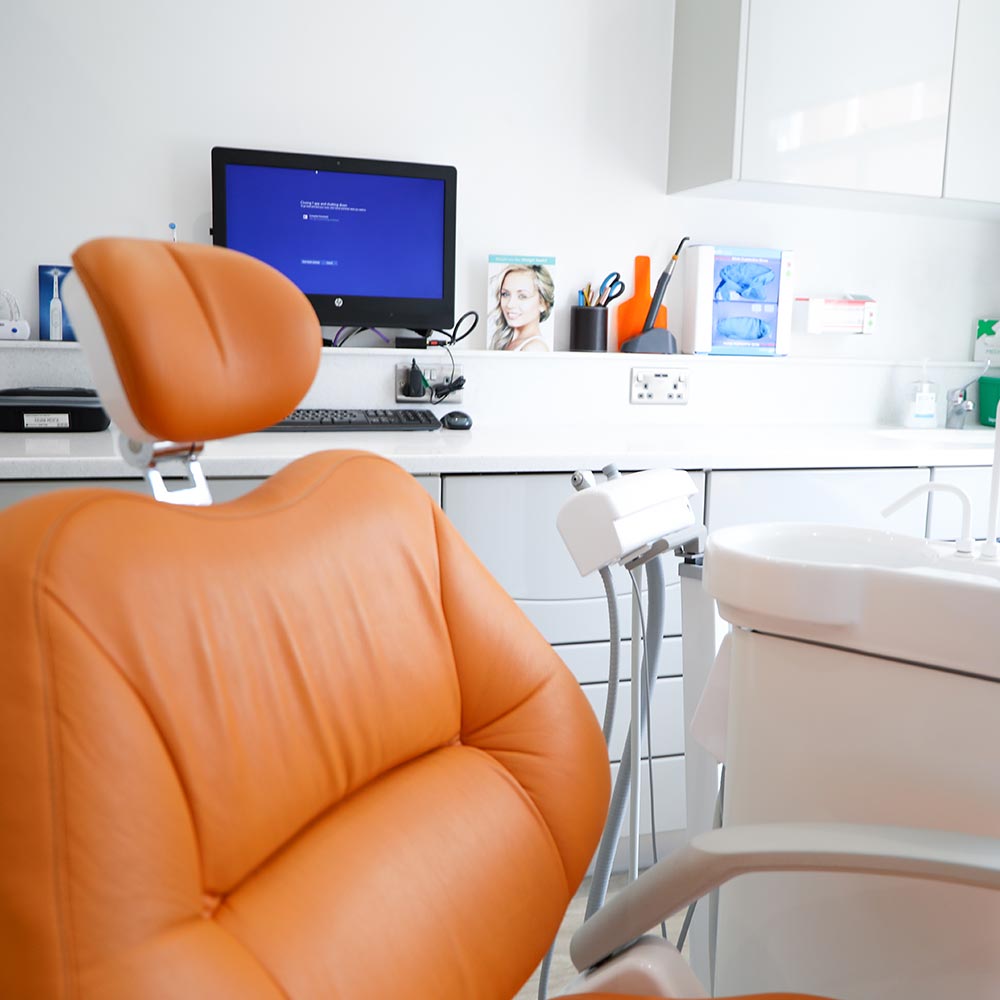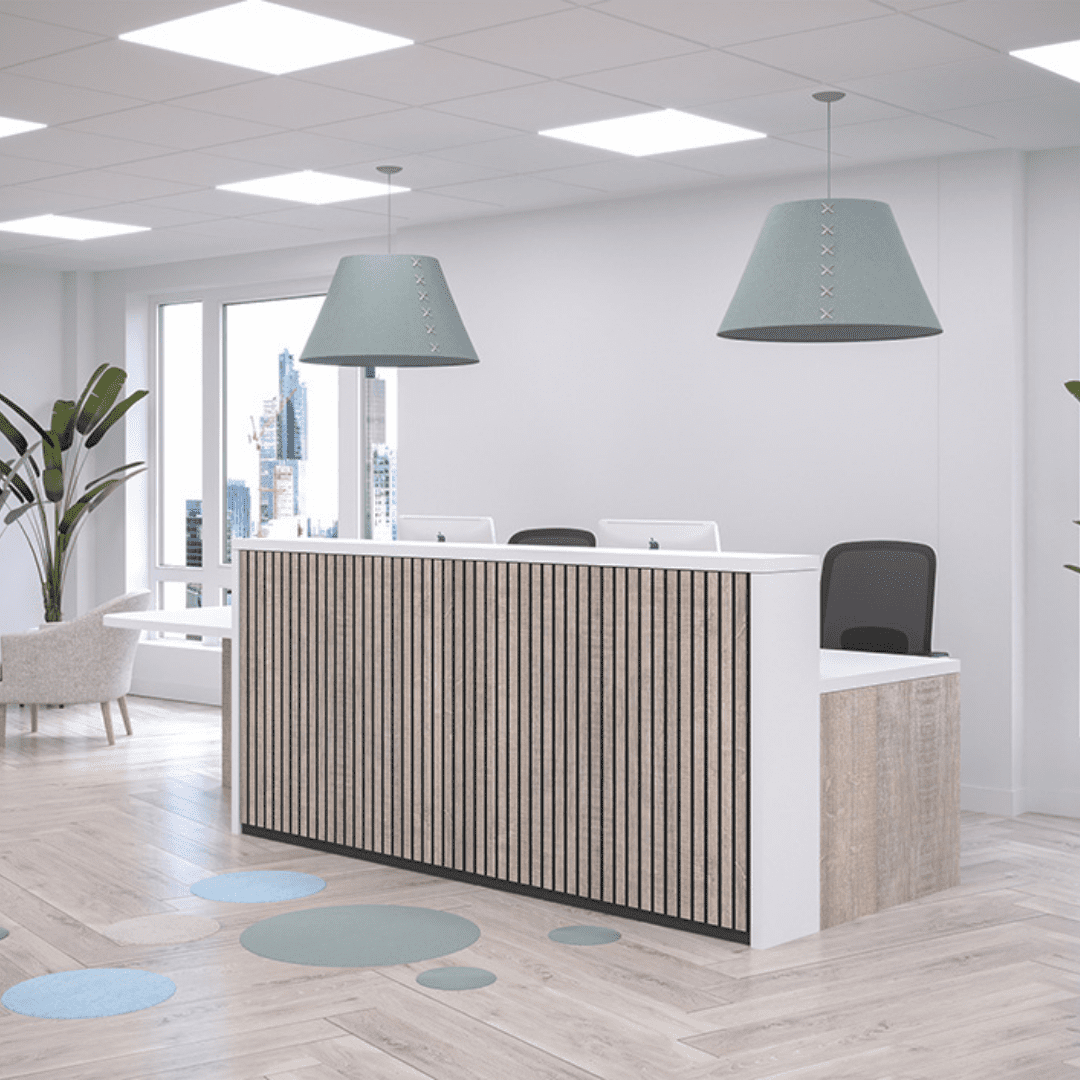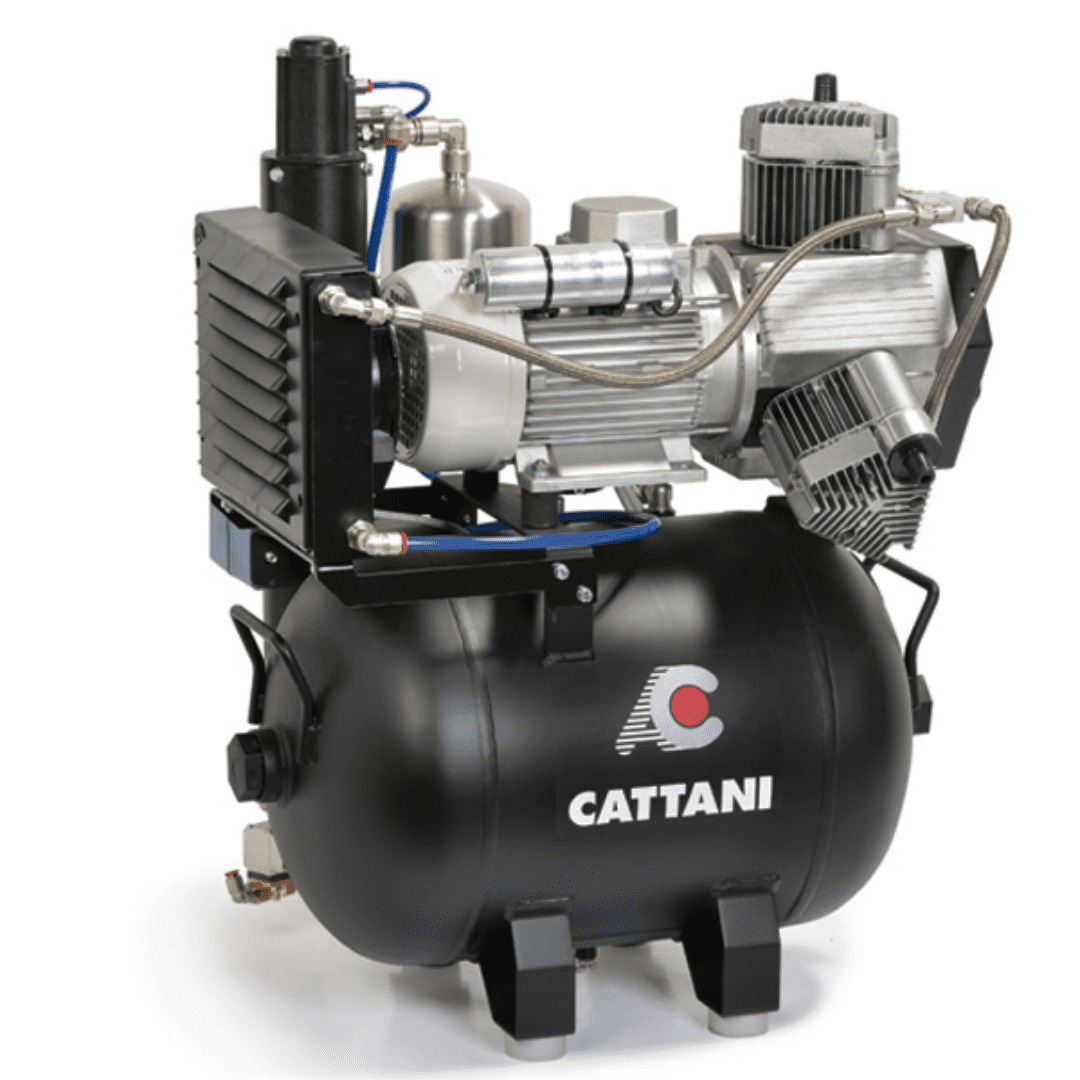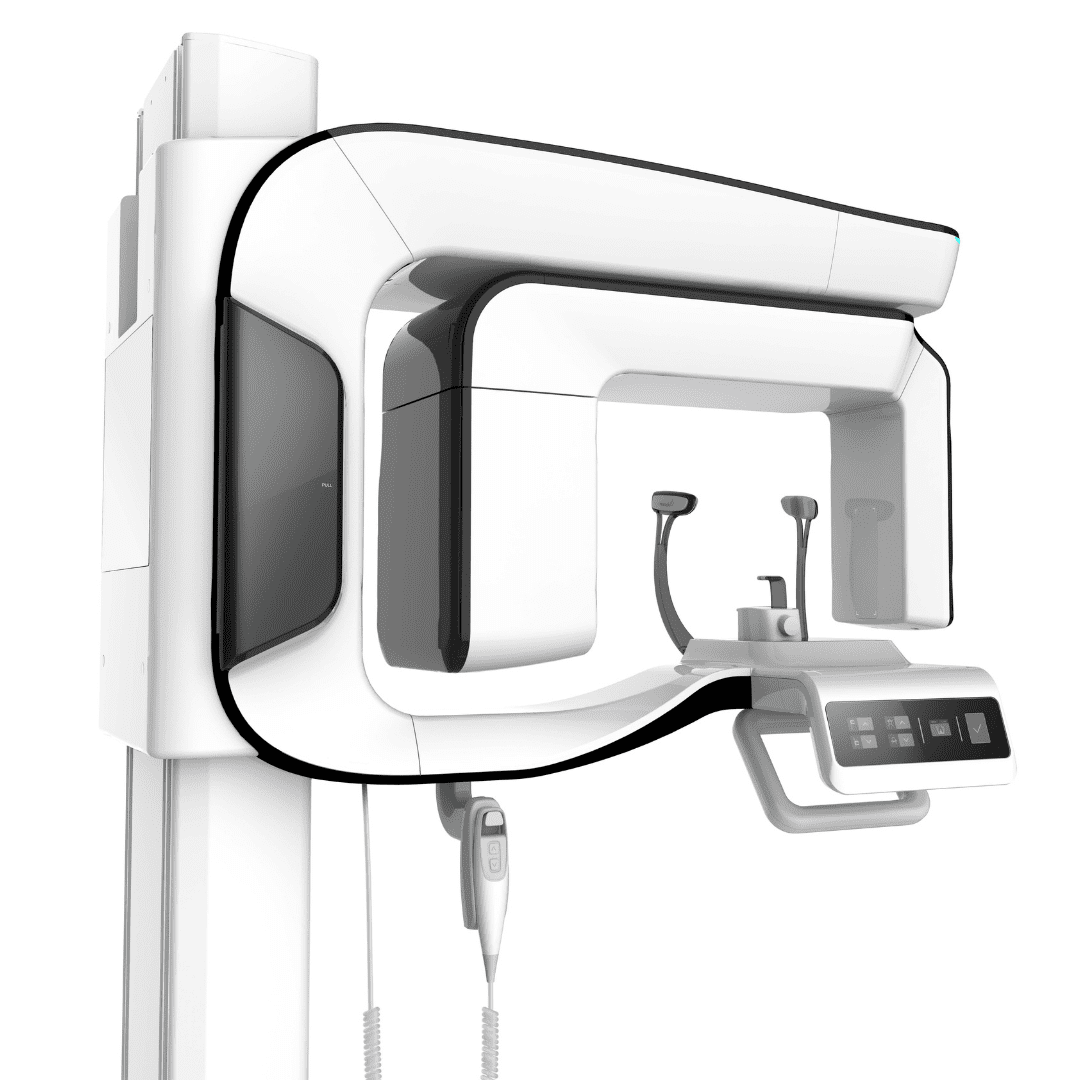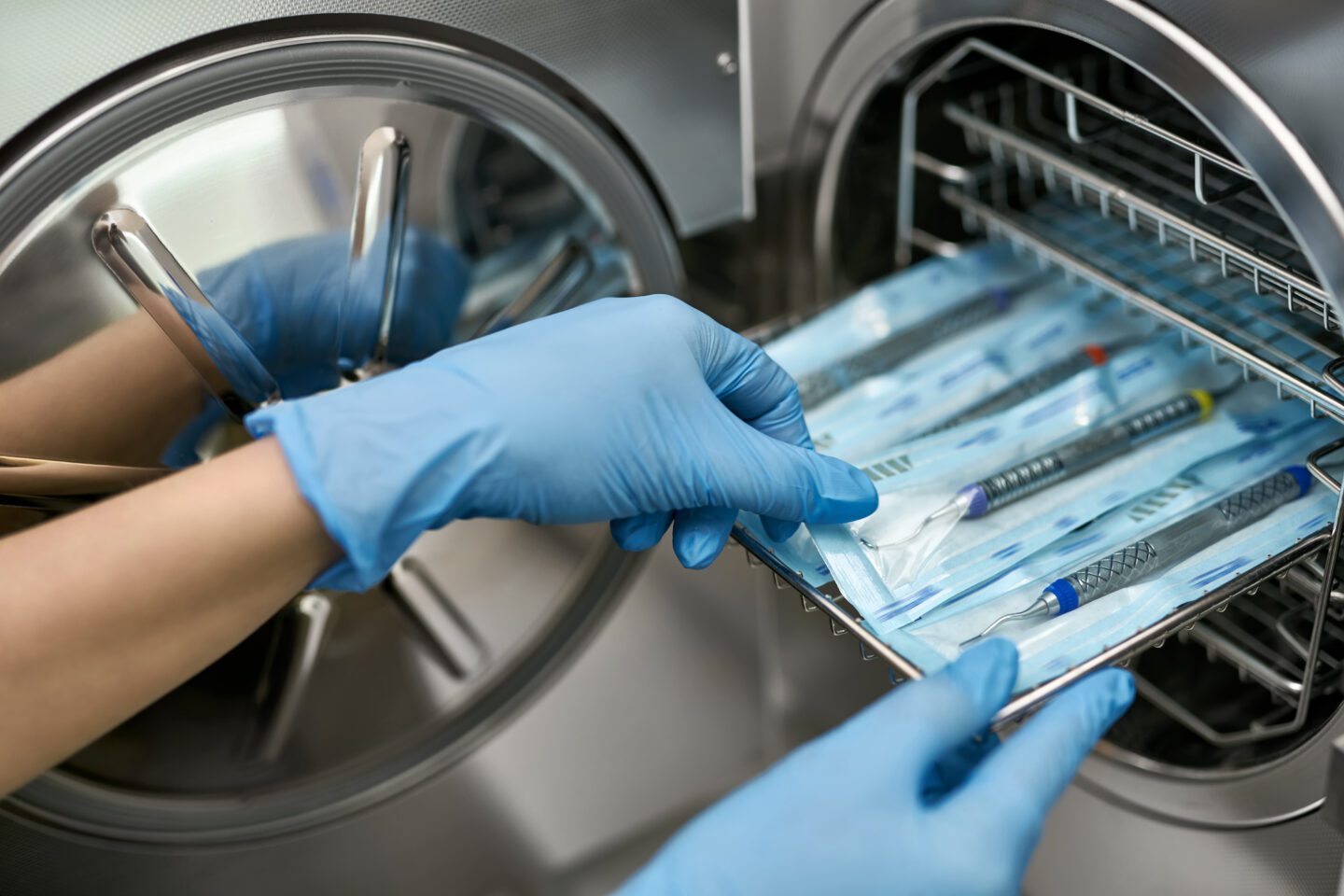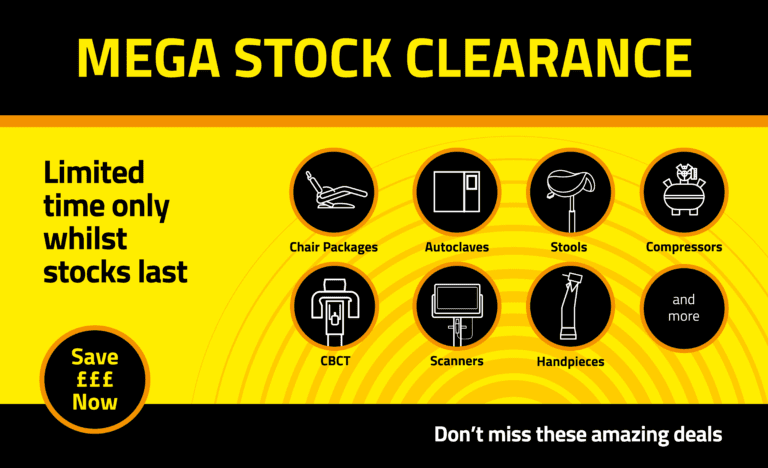Lee Hemsley explores the all-important aspect of equipment servicing, maintenance, and validation for effective infection prevention and control.
Lee Hemsley is the Engineering Manager at Hague Dental.
As you probably know all too well, Care Quality Commission (CQC) inspectors consider servicing, maintenance and validation of decontamination equipment when they review if a dental practice is safe.
As the CQC states: ‘Maintaining and servicing decontamination equipment appropriately is essential to ensure that equipment performs to an optimum standard. This should be done in accordance with the manufacturer’s instructions. In the absence of these instructions, the various periodic tests and schedules for decontamination equipment can be found in HTM 01-05: Decontamination in primary care dental practices.’
At Hague Dental, we recognise that this aspect of running a dental practice may be daunting. However, the good news is that help is at hand and, indeed, in line with guidelines and regulations, most manufacturers now recommend that you service your equipment annually.
Reactive maintenance, which is hastened by failure, results from a lack of preventive maintenance. As an alternative, proactive maintenance can avoid the underlying conditions that lead to equipment failure and degradation, keeping your practice running optimally.
Equipment requiring attention
You may well ask, what equipment are we talking about? As stated in HTM 01-05, it includes washer disinfectors, autoclaves, ultrasonic baths and benchtop sterilisers.
All this decontamination equipment should be validated, tested, maintained, and serviced as recommended by the manufacturer and in line with CQC and Provision and the Use of Work Equipment Regulations (PUWER) guidelines.
So, let’s now dive deeper into two of these decontamination units to understand the realities of this requirement, which will not only give you peace of mind that you are compliant with regulatory requirements but also ensure the reliability and longevity of your equipment.
Washer disinfector testing
Service and repairs to dental washer disinfectors typically involve maintaining and repairing the mechanical and electrical components of the device, as well as ensuring that it is functioning properly and meets the relevant safety and sterilisation standards.
Moreover, dental washer disinfector validation (also known as washer disinfector tests) is the process of demonstrating and confirming that the device is capable of consistently and effectively cleaning and disinfecting dental instruments to a high standard.
The purpose of validation is to ensure that the dental washer disinfector is safe and effective for use, and to prevent the transmission of infection from contaminated instruments to patients.
Validation should be conducted annually, and the full report and calibration certificate should be kept on file for future reference.
The process involves conducting a series of tests and checks to ensure that the washer disinfector is functioning properly and meeting the relevant standards and guidelines for instrument reprocessing.
Validation typically includes:
Measuring the process temperature during the cleaning and disinfection cycles
Conducting checks and tests to confirm that the disinfectant used is effective against specific microorganisms
Checking the functionality of the control systems and safety features of the device
Documenting the results of the validation tests per HTM 01-05.
Ensuring autoclave effectiveness
As with washer disinfectors, the same service, repair, functionality, and safety processes apply. It is also important to perform autoclave validation on a regular basis, typically at least once a year, to ensure that the autoclave is functioning properly and meeting the relevant sterilisation standards.
Autoclave validation is the process of demonstrating and confirming that an autoclave is capable of consistently and effectively sterilising equipment and supplies to a high standard.
The purpose of autoclave validation is to ensure that the autoclave is safe and effective for use, and to prevent the transmission of infection from contaminated equipment or supplies to patients.
The results of the validation tests should be documented and kept on file for future reference.
It is also important to have any necessary repairs or maintenance performed in a timely manner to maintain the effectiveness of the autoclave.
Prevention is better than cure
It is clear that keeping up with equipment servicing, maintenance and validation can be onerous if you try to go it alone.
We would always recommend considering an annual service contract with a company that can provide a specialised dental engineer to fulfil your maintenance responsibilities.
After all, if decontamination equipment breaks down and no alternative is at hand, you might have to close your surgery while your wait for an engineer to repair it.
Therefore, it is important to have contingency plans in case of equipment breakdown or scheduled maintenance.
Hague Dental engineers are qualified and experienced to repair, service and validate a full range of decontamination equipment to support your practice and to keep you up and running.
To counter the unpredictable nature of technology and high maintenance costs, our bespoke Annual Service Contracts will help you manage your cash flow by spreading the cost of servicing and validation, and can avoid the underlying conditions that lead to equipment failure and degradation, keeping your practice running optimally. with our annual service contracts.
For further information, please visit our Annual Service Contract page
Hague Dental engineering facts and figures
Our average response time on service and repair requests is 24 hours, due to our investment in increased engineering capacity
Our investment in stock and spares is valued at £2.5 million (up from £1.3 million in 2021)
Each engineer van carries up to £20,000 in spares and stock, to support our consistently high first-time-fix-rate
We support practices in London, Surrey, Sussex, Berkshire, Suffolk, Kent, Essex, Middlesex, Buckinghamshire, Leicestershire, Hampshire, Bedfordshire, Hertfordshire, Cambridgeshire, Nottinghamshire, Oxfordshire, Northamptonshire, Lincolnshire, and Warwickshire.
